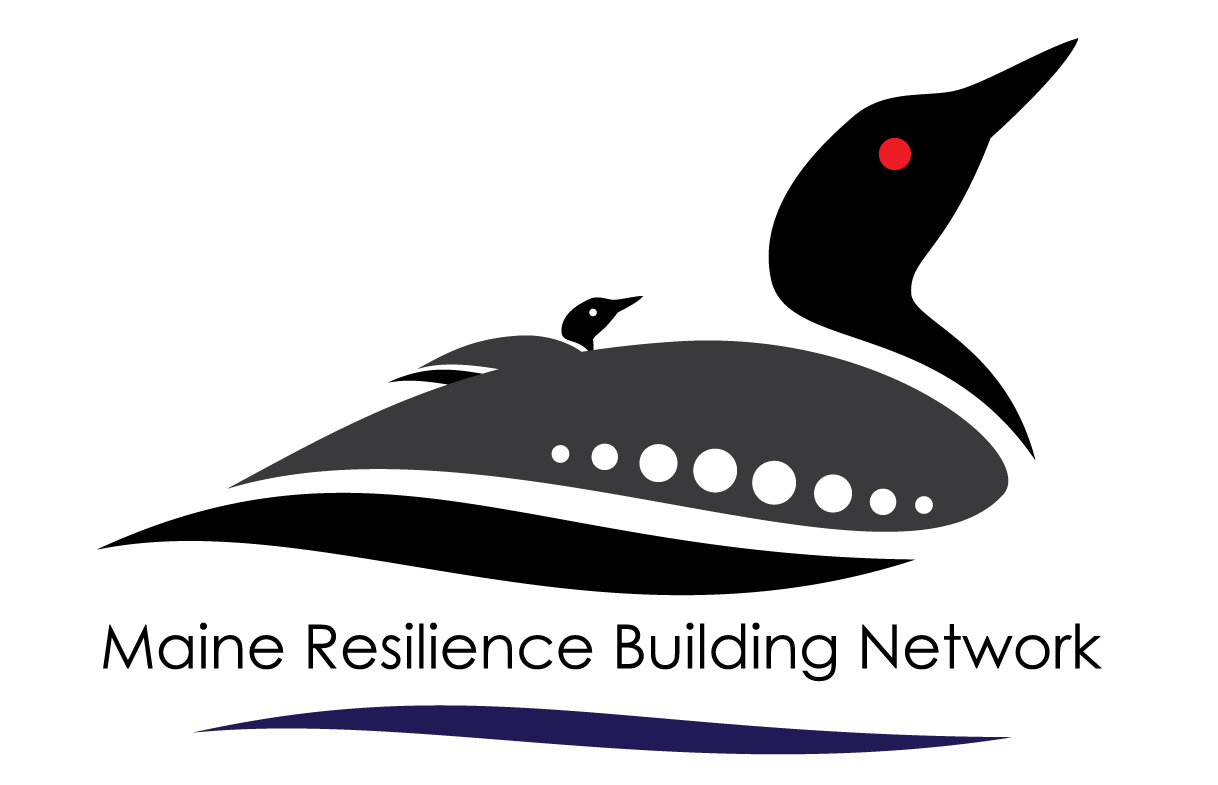Join MRBN for a one-day conference on HOPE (Healthy Outcomes of Positive Experiences); a framework co-authored by Dr. Robert Sege from Tufts University School of Medicine in Boston.
For too long, our work with young children and their families has focused on adversity and risk. While these are important, we now know that positive childhood experiences also have dramatic effects on brain growth and development and on adult health. Building on the key insights from toxic stress, our brains develop in response to experience. HOPE (Healthy Outcomes from Positive Experiences) outlines approaches that we can take to incorporate a more holistic understanding of human development. The keynote address will describe the science of HOPE, and lay out the four pillars of HOPE. These pillars describe the common elements of programs that have been successful in promoting child and adolescent development.
Following the keynote, we will have a series of interactive sessions, designed to bring this new scientific understanding into practice. These sessions will explore four areas of implementation of HOPE: (1) HOPE-based intake and assessment, (2) How HOPE supports empathy with individuals who may have had childhood trauma, (3) Programming that creates Positive Childhood Experiences, and (4) Monitoring and improving HOPE-informed implementation.
This daylong session will leave participants, from trainee to experienced practitioners, with new approaches and concrete skills to improve the effectiveness of their work with young children and their families.
Conference Objectives: Following this session, participants will:
1. Be able to list the four types of positive experiences (pillars of HOPE) that support the development of resilience.
2. Explain how positive and adverse childhood experiences interact in affecting long-term health.
3. Use positive, strength—based approaches to improve the effectiveness of evidence-based screening.
4. Set a specific, measurable, applicable, realistic, and time-bound objective for the next 60 days.
Who Should Attend: All cross-sector professionals are invited to attend: social workers, public health and healthcare professionals, guidance counselors, educators, child and family advocates, therapists, behavioral health professionals, policy makers and public safety officers.
